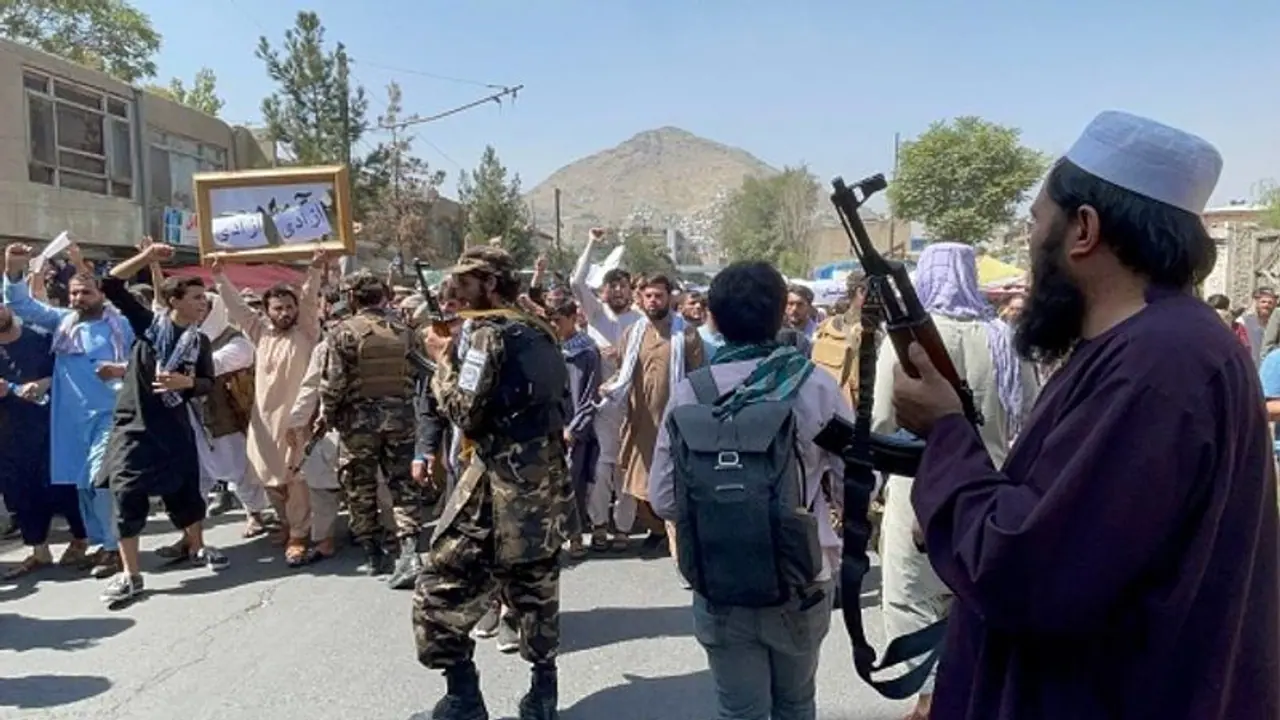In his first public speech since the rebels took over Kabul on August 15, Taliban supreme leader Haibatullah Akhundzada stated the Taliban were loyal to all international laws, treaties, and agreements that did not contradict Islamic law.
The Taliban appointed senior officials in Afghanistan's new government on Tuesday, including an associate of the Islamist militant group's founder as premier and a wanted man on a U.S. terrorist list as interior minister. After a previous era in power defined by deadly vendettas and female persecution, world countries have reminded the Taliban that the key to peace and growth is an inclusive administration that would back up its claims of a more conciliatory attitude and protecting human rights.

In his first public speech since the rebels took over Kabul on August 15, Taliban supreme leader Haibatullah Akhundzada stated the Taliban were loyal to all international laws, treaties, and agreements that did not contradict Islamic law. In a statement, he said in the future, the laws of the Holy Sharia would regulate all matters of governance and life in Afghanistan.
Haibatullah Akhundzada, the Taliban's supreme leader, declared in his first public statement since the insurgents took over Kabul on August 15 that the Taliban were loyal to all international laws, treaties, and agreements that did not violate Islamic law.
Afghans who have seen significant progress in education and civil freedoms during the 20 years of US-backed administration remain wary of Taliban intentions, and daily rallies have persisted since the Taliban took control, opposing the new authorities. As the new government was being presented on Tuesday, a group of Afghan ladies sought shelter in a Kabul street as Taliban militants shot into the air to disperse hundreds of demonstrators.
Also Read | Sirajuddin Haqqani: Wanted terrorist who is now Afghanistan's Interior minister
Girls were not allowed to attend school under the Taliban's reign in Afghanistan, and women were barred from working or attending school. Religious police flogged anybody who broke the regulations, and public executions were carried out. The Taliban has encouraged Afghans to be patient and tolerant this time, a pledge that many Afghans and international countries will scrutinise as a prerequisite for critically needed aid and investment in Afghanistan.
